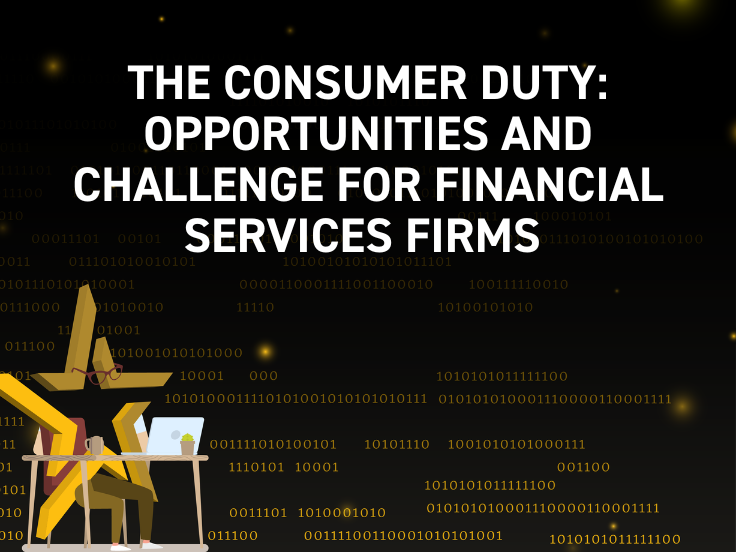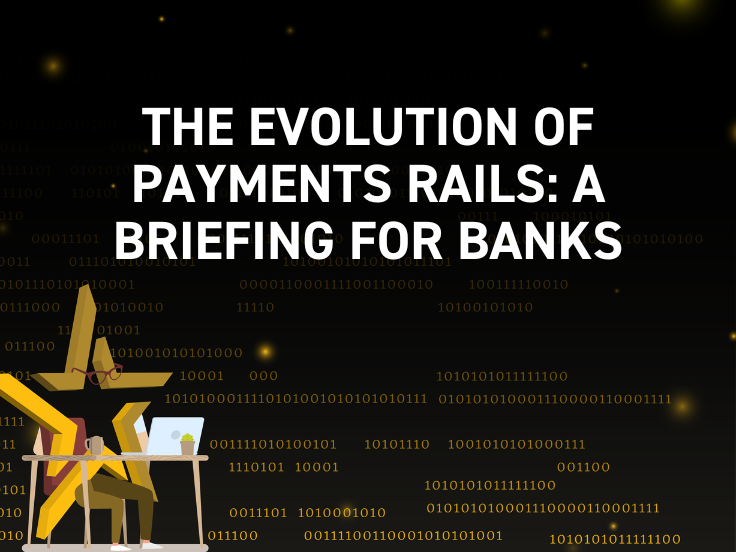
The benefits of Open Banking to retailers and customers
 10:14 16 Nov 2021
10:14 16 Nov 2021 Explaining the in-depth potential and benefits of Open Banking to retailers can be a challenge – not because they don’t see the value of the data and its possibilities for the future, but primarily because what is paramount to them is the link between the use case and the customer value, and how it integrates into their customer journey today.
Account to account, Open Banking payments is starting to make headway as the benefits are clear to both the retailer and the customer:
- Faster payment process – Payments are confirmed in seconds.
- Lower fraud – Every payment adheres to SCA and is part of the bank’s fraud and security detection.
- Quicker payment settlement – Much better for cashflow, especially for SMEs.
- Lower operational costs – No card interchange fees, and less time spent reconciling.
- No chargebacks – Just another Open Banking payment flow.
- A great customer experience – As it’s a process via the customers own mobile banking app.
The customer experience is a key point in this as we head towards the SCA deadline in March next year. More needs to be done to highlight how Open Banking is a powerful alternative to the potential costs in hardware upgrades, and the changes in the customer’s actions when paying for goods and services with a card. For years the mobile manufacturers and telcos have been driving the agenda of the mobile being the only thing you need to leave home with, and with nearly 80% of the UK population using mobile banking, the door really is open for this fast, simple, and secure way to pay.
HMRC announced recently that it had received more than £1bn in open banking payments, less than six months after launching. This confirms that consumers are prepared to pay this way, and retailers need to be active participants, rather than observers of the market.
But Account to Account payments is one of several very exciting customer benefits that Open Banking can offer retailers. Being rewarded for customer loyalty is an ever-increasing expectation, wherever and whatever we buy, and dis-associated, time-limited printed discount vouchers and offers are no longer doing the job they set out to do. With the UK economy pushing for a more environmental approach to shopping, digital journeys need to be slick, fast and paperless, and customer loyalty needs to be built into the heart of this evolving strategy.
I have spoken to many retailers over the last 18 months to gain their understanding and experience to date on the value and potential of Open Banking and Open Finance for their businesses and their customers, and there were some very interesting points of view.
Several retailers had either heard of or tried affordability checks but were always within the debt management or risk and compliance teams as a tactical solution for the department. The commercial leads, or revenue owners often weren’t aware of this as a revenue driver and potential for a great customer experience, when linked into the standard application process, providing responsible lending and a chance to educate to turn rejections into “not yets”
Few retailers had considered Open Banking as an integral part of their customer loyalty strategy but recognised that they needed to find use cases and value exchanges that drive the right outcomes. To date, identifying these has been difficult as Open Banking education into the commercial and customer owners within the retail sector has been limited and often only linked to process outcomes and financial advice, and not broader customer engagement and loyalty.
This represents a huge opportunity for the Open Banking community as Open Data enables the creation of new customer experiences, driving engagement, growing revenue and increasing the lifetime value of customers. By understanding shopping habits and brand preferences, linked to existing product sales data, retailers can personalise and delight customers by recommending things they actually want.
According to the Merkle 2021 Consumer Experience Sentiment Report, 76% of consumers are comfortable sharing their data in return for personalisation. Also, in research compiled by Zedosh, the first regulated attention exchange app powered by Moneyhub, 82% of GenZ reported they would watch ads to make money at least once a day via the Zedosh platform which uses open banking data to target appropriate adverts, and fairly reward them for doing so.
Loyalty isn’t just driven by cash and discounts. It’s about being part of something bigger, having access to things that are unique and relevant, and being invited to be the first to see them. Many brands are doing this, but it’s a scatter gun and not personalised, with a spray and hope approach.
By creating a way for consumers to share all, or elements of their data within a loyalty app, retailers can connect rewards to shopping; create a FOMO (fear of missing out) by showing the value of discounts missed; develop new partnerships to offer broader services and connected solutions; create exclusive experiences and shopping bundles that relate to preferences or significant life moments; create new product roadmaps based on trends and changes over time, and ultimately, help consumers manage their finances better by getting the best that their favourite, trusted brands can offer, when they want and need it.
Alongside personalisation is the power to support, help and educate consumers. Concerns about financial wellness are impacting the UK with over 55% of the UK population afraid to talk about financial worries and lacking financial resilience. You would question the relevance of this for a retailer whose role isn’t to provide direct financial advice. But with just 43% of consumers trusting their bank to look after their financial wellbeing, and white labelled Open Finance based personal financial management apps providing consolidation, insights, knowledge and education, an Open Finance strategy can incorporate wellbeing to differentiate the customer experience, with improved financial outcomes creating a virtuous circle of benefits and customer loyalty at scale.
What the UK market needs is a champion of financial confidence through accessibility and knowledge at scale, and retailers are well placed to be that champion through loyalty and engagement.
[The author of this article, Suzanne Homewood, is the Enterprise Sales Director at Moneyhub Enterprise]
Join us at our upcoming Campfire next 18th November, where we will be discussing how Open Banking is revolutionising the retail sector.




 " alt="">
" alt="">

 " alt="">
" alt="">
 " alt="">
" alt="">
 " alt="">
" alt="">
 " alt="">
" alt="">
 " alt="">
" alt="">
 " alt="">
" alt="">
 " alt="">
" alt="">
 " alt="">
" alt="">
 " alt="">
" alt="">